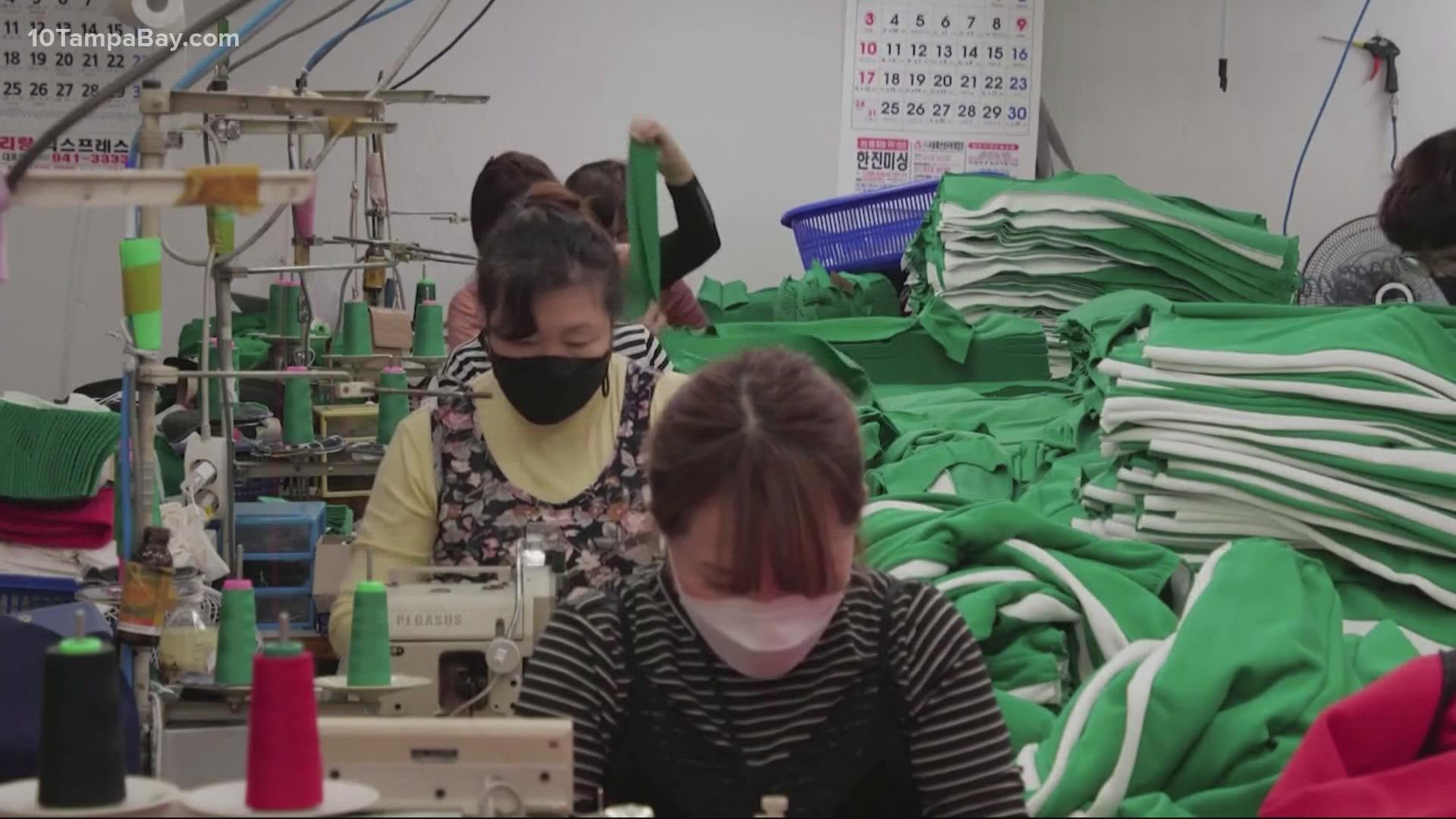When you mix a global health pandemic, supply chain issues, and an unstable workforce you get inflation.
“We’re certainly seeing rising prices at the grocery stores,” said Tom Smythe, a professor of finance in the Lutgert College of Business at Florida Gulf Coast University. “Pump prices are quite high right now.”
The Labor Department announced Wednesday that in 2021, inflation rates increased more than they have since the 80s.
We asked Smythe, who’s going to feel these extra expenses the most?
“Without question, the folks at the lower end of the income spectrum,” he said.
Groups like Feeding Tampa Bay are already prepared to see the impact of the rising costs.
“Inflation continues to rise and that really hits families hard," said Thomas Mantz, president & CEO Feeding Tampa Bay. “So when gas, rent or food are more expensive, it drives families to organizations like Feeding Tampa Bay, needing food relief.”
The other group Smythe mentions, may surprise you, and maybe even make you dust off your resume.
“Anybody that has had a job, fortunately, throughout the pandemic, and is not changing jobs," he said. "We’re seeing people quit and change jobs at the fastest pace since they started keeping statistics on it roughly 20 years ago. Those people are getting higher-paying jobs. So, in the grand scheme of things they are going to be less affected by the inflation, relative to someone who’s staying at a job and not getting a pay raise."
Smythe says it’s hard to estimate just how long this could last, but he says it will probably be summer at the earliest before our pockets start to see some relief.
He has one tip for all of us to keep prices from going up even more. Don’t hoard.
“It creates a false sense of demand that can ultimately lead to higher prices,” he said. “That’s the worst thing that we can do.”

